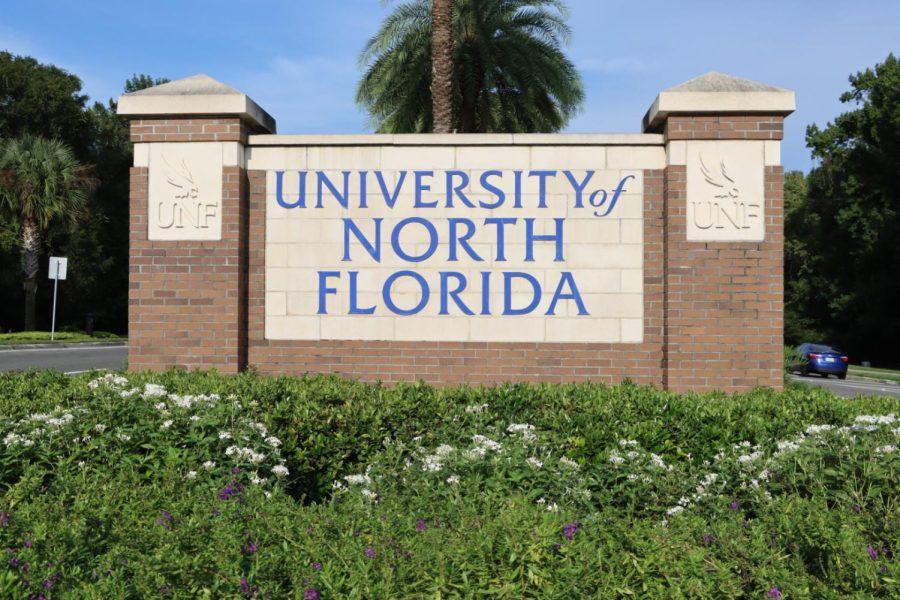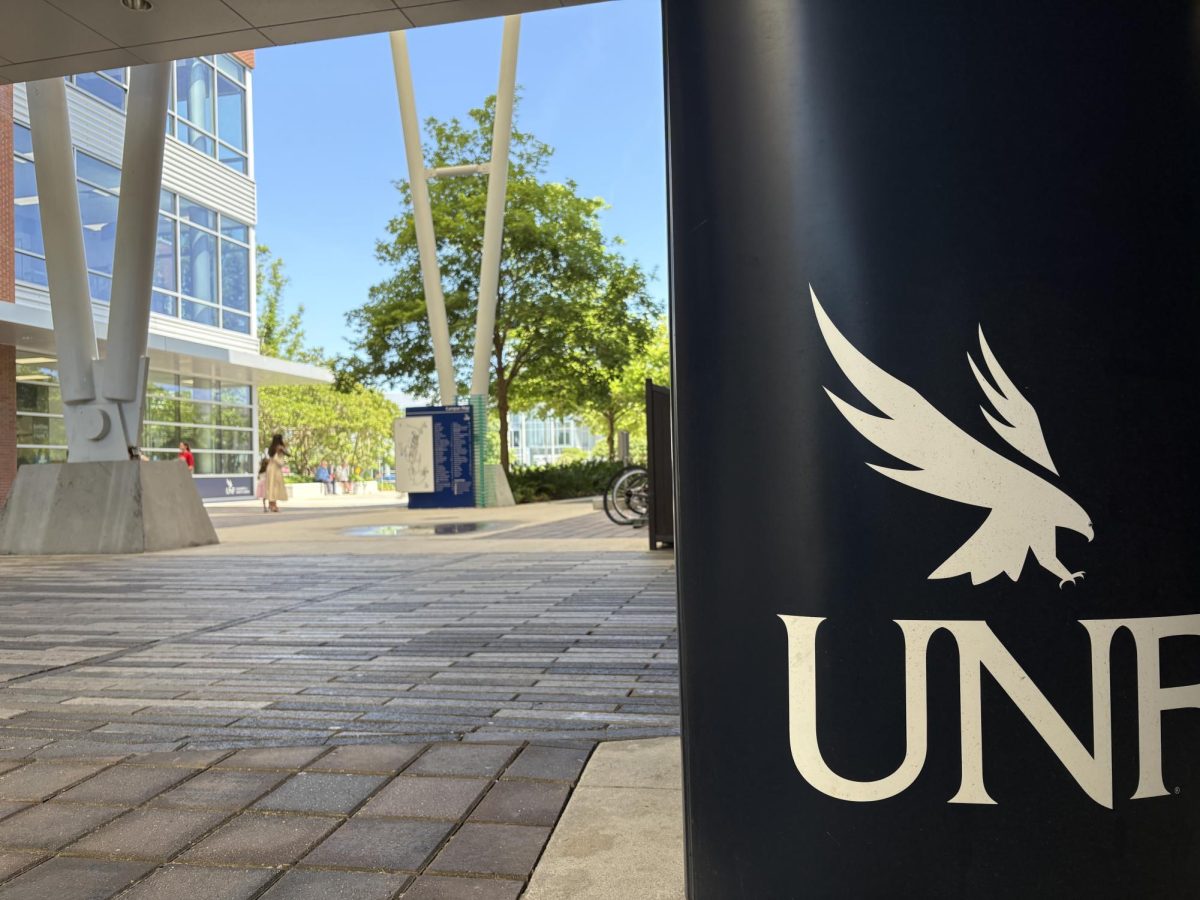According to the university, UNF is experiencing issues with phishing scams. The matter does not involve lakes or rods though, just your email.
On Tuesday, April 16, the university released an Osprey Update addressing internal issues with scam and phishing emails.
“There has been an increase in spam and phishing emails targeting users at the University including fake alerts as well as emails asking users to click and provide information,” the update said.
The update advises that students, faculty and staff should refrain from following any suspicious link that may appear out of the ordinary in their university email account. According to UNF IT, the best way to tell if an email is valid or not is by identifying if it was sent from another UNF email address. All valid university emails should be sent from an address that ends in “@unf.edu.”
According to the update, another way to identify if an email is suspicious is by noticing any spelling or syntax errors within the body of the email and may ask you to download a file or click a link, which is not advised by IT.
The update calls for any students who notice what may seem like a suspicious email from a university address to report the email to send a copy to the ITS help desk.
__
For more information or news tips, or if you see an error in this story or have any compliments or concerns, contact editor@unfspinnaker.com.















